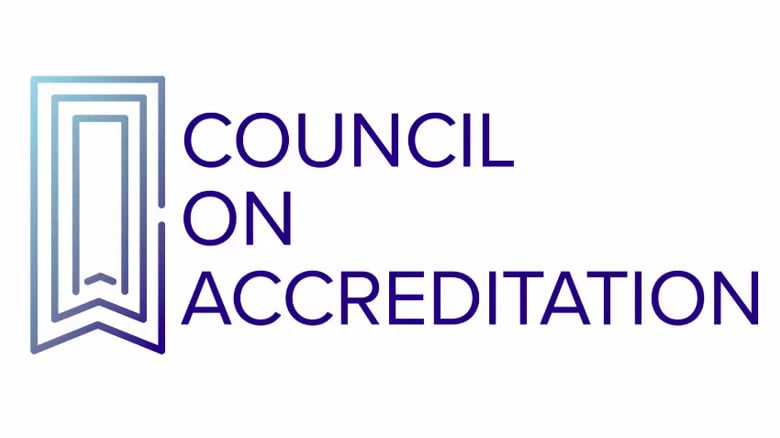The intention of this article, though, is not to praise Olweus, but to bring attention to his immense overlooked influence, an influence that is not necessarily an unquestionable good.
Let’s look at the true legacy of almost half a century of Olweus’ professional influence. Is society any better off? Or perhaps even worse?
Olweus’ pioneering work in bullying has led to a field boasting thousands of research studies. Yet are we any closer to a solution? He gained prominence in the 1980s with a research study showing a decent reduction in bullying of 50% after two years of implementation of his program in Scandinavia, but such results of his program have rarely been replicated. Research as well as real-life experience has shown that the Olweus approach rarely produces more than a minor reduction in bullying and often results in an increase.
Bullying continues to be called an epidemic, with bullying-related suicides occurring with tragic frequency. State legislatures periodically find themselves needing to update their anti-bullying laws because they aren’t working.
Once the school gets involved following mandates in response to bullying complaints, hostilities tend to immediately escalate between the children involved, as each seeks to defend themselves and blame the other. Their school must also involve the parents, so the situation can turn into a feud between families. If the school fails to make both sides happy, the disgruntled parents are angry with the school as well, and they may decide to sue the school. Such lawsuits have become increasingly common. While they may benefit lawyers, who now have a new source of income, they wreak havoc within the schools being sued. (Read “13 Reasons Why” Thrashes Anti-Bullying Laws).
Because Olweus defined bully as akin to a sociopath–an evil person lacking in conscience who enjoys repeatedly tormenting those weaker than them–and insisted that everyone refuse to tolerate them, he fertilized the soil for the most massive and popular witch hunt in history. It has become acceptable to express hatred of bullies and even the desire to see them dead. Now people regularly refer to anyone who behaves badly–even in preschool–as a bully. Our most respected newspapers call President Trump “Bully-in-Chief,” something that would have been highly unlikely absent Olweus bestowing scientific legitimacy on the term. Celebrities have had their livelihoods jeopardized by accusations of bullying. Competing politicians and even nations routinely attack each other as bullies. Opposing sides on an issue often find it more convenient to dismiss the other side by calling them a bully than to make the effort to formulate a substantive argument.
Anti-bullying education and policies have unintentionally promoted a counterproductive victim mentality. People are more likely than ever to believe that: others are to blame for their interpersonal strife; they are entitled to a life in which no one upsets them; they have no responsibility for solving their own problems; and it is commendable to inform on their peers to the authorities.
There is also an economic cost–mostly hidden–of the campaign against bullying. Now that schools are legally responsible for bullying, the school staff is required to spend substantial amounts of time teaching about bullying, paying attention to the way children treat each other, and conducting investigations and hearings whenever there is complaint of bullying. Some schools even add personnel to the payroll specifically to deal with bullying. Because schools are held legally liable for bullying as opposed to most other types of aggression, much of their effort goes into trying to determine that the incident did not actually fit the definition of bullying. This process doesn’t solve anything, but it gets the school off the hook.
Considering that there are about 130,000 schools in the US, that dealing with bullying can cost tens of thousands of dollars per school per year, and that overall these efforts aren’t working and often making matters worse, the money wasted amounts to billions of dollars annually.
Furthermore, because the Olweus approach is mandated by law, schools are reluctant to use approaches that vary from it, approaches that might have better results.
After almost a half-century of Olweus’ dominance in the field of bullying and the attending failure to eliminate it from schools, researchers should be considering the possibility that there is something wrong with his paradigm, as we can’t expect to get better results by continuing an approach that hasn’t been working. The taxpayer, the schools, and, most importantly, our children, deserve it.
We can rightfully credit Olweus for launching a movement to make the world a more peaceful place. We can appreciate his body of research elucidating aspects of aggression and the characters involved in it. But as can be demonstrated, our profession has long possessed solutions to bullying. We just haven’t realized it because we didn’t use the term “bullying” to describe the phenomena we were dealing with. We can still work to fulfill Olweus’ dream, though it may require a change of perspective.





